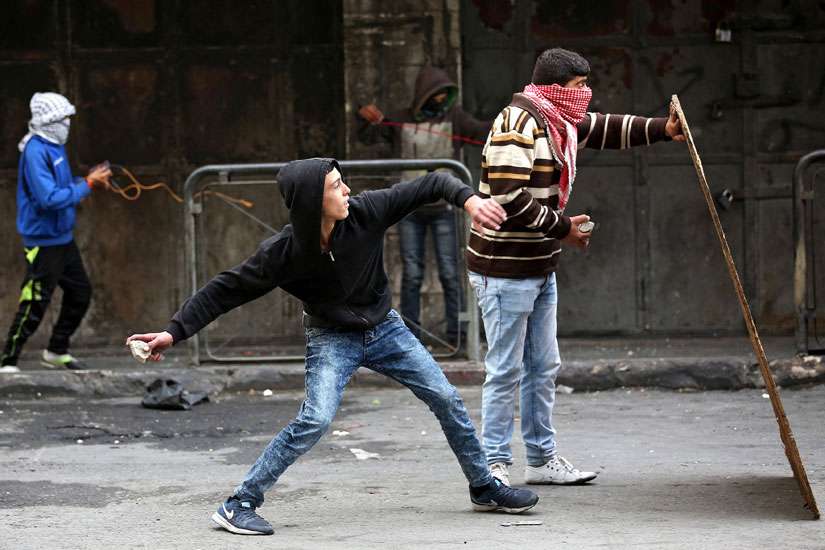“In March 2014, a rebel group came to our town of Kassab and told all of us to convert to Islam or leave,” he said. “We all left in the middle of the night in a panic.”
There are more than 12,000 Syrian-Armenian Christians currently living in Lebanon who share a similar story, forced to flee in fear under dark skies. These are urban refugees who share a common experience: as minority Christians, they have suffered persecution for their faith. As such, families such as Kamal’s should be given priority under government-sponsored programs that are bringing 25,000 Syrian refugees to Canada over the coming months.
For his children’s sake, Kamal desperately hopes to be able to take his young family to Canada or Europe, but anywhere that is safe will do.
As Canada begins to receive 25,000 government-sponsored Syrian refugees and as many as 10,000 who are privately sponsored, there is no peace in sight in the Middle East. The self-described Islamic State appears to be as strong as it was a year ago despite heavy bombing by several Western states, including Canada. But the reality is that defeating ISIS will only matter if there is a genuine political will to build lasting peace in Iraq and Syria.
It is good policy as well as a wonderful humanitarian gesture for Canada to welcome Syrian refugees, but the lack of peace and increasing political unrest means there will be even more refugees and more Christians knocking on the doors of the international community in 2016 and beyond.
Will Canada and the West be ready to welcome more refugees in the coming years? Will the global community be able to sustain the levels of aid required to reach out to millions of new refugees still in the Middle East? Already, countries such as Lebanon and Jordan have reached the limits of their hospitality and infrastructure, with 1.4 million and one million refugees respectively. Refugee camps are packed and miserable. Host countries are running out of resources — and patience.
The Holy See reports that Catholic charities around the world generated more than $150 million in aid in 2014 in response to the Iraqi and Syrian humanitarian crises — helping more than four million people in the process. Although generous, this is far from enough and even maintaining this pace will be difficult. The only lasting solution is the stability that can only come from peace.
However, the peace process is influenced by the ugly truth that war is good business for countries with weapons industries. Petroleum supremacy and manipulation is at play, too. A long-lasting battle between Shiite and Sunni Muslims to control the region is another factor. As well, Russia and the United States are trying to re-establish global influence in the region and it appears their battle for political supremacy will ramp up in coming years. All of this is to the detriment of those caught in the middle.
Pope Francis has said numerous times in recent months that political leaders seem more interested in petroleum and arms than in the wellbeing of people.
“While they speak of peace and justice, they permit the traffickers in death to operate in that land,” he said.
In Canada, while it has been a step in the right direction for the new government to welcome an increased number of refugees and to announce plans to end airstrikes in Iraq and Syria, the real test lies in how Prime Minister Justin Trudeau will address the pressing challenge of building a lasting peace in the Middle East.
In the meantime, organizations like the Catholic Near East Welfare Association and many others are doing their very best to provide the basics of life for millions of people. For Christians like Kamal, the continued absence of peace leaves no option but to abandon the region for good. An extensive exodus threatens the 2,000-year presence of Christianity in the region.
But the sad reality in the here and now is that any home will do as long as it is far away from the horrors of war.
(Hétu is the Canadian National Director of the Catholic Near East Welfare Association.)


